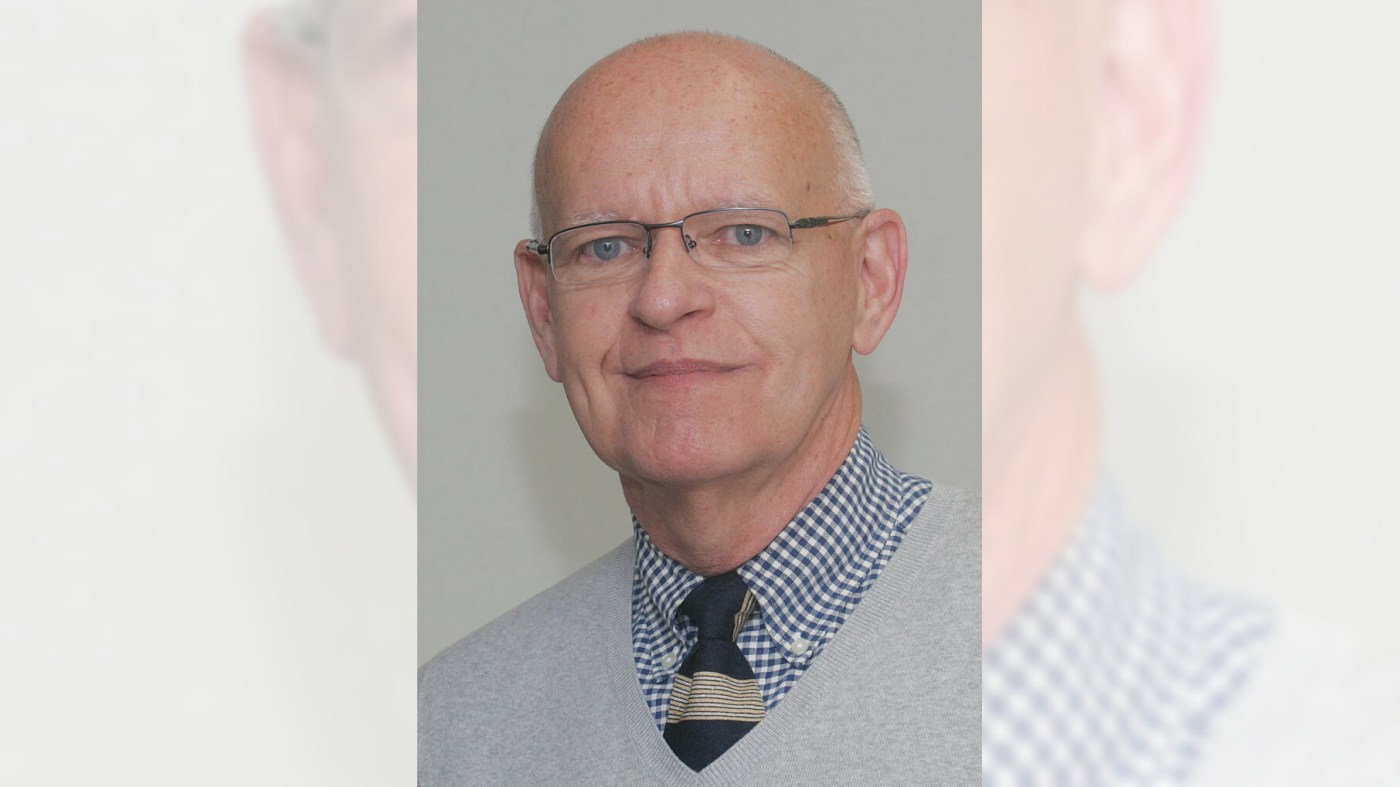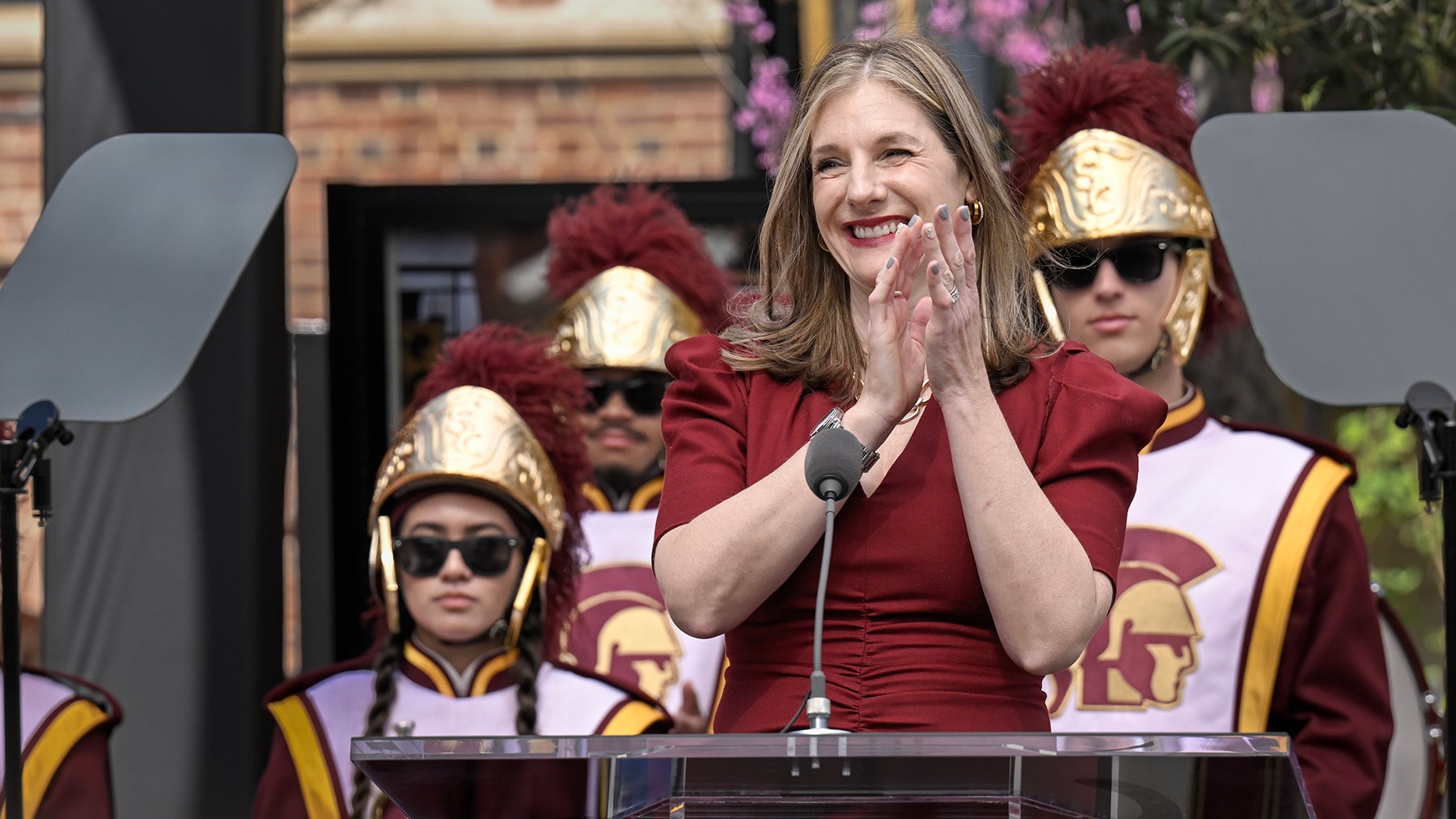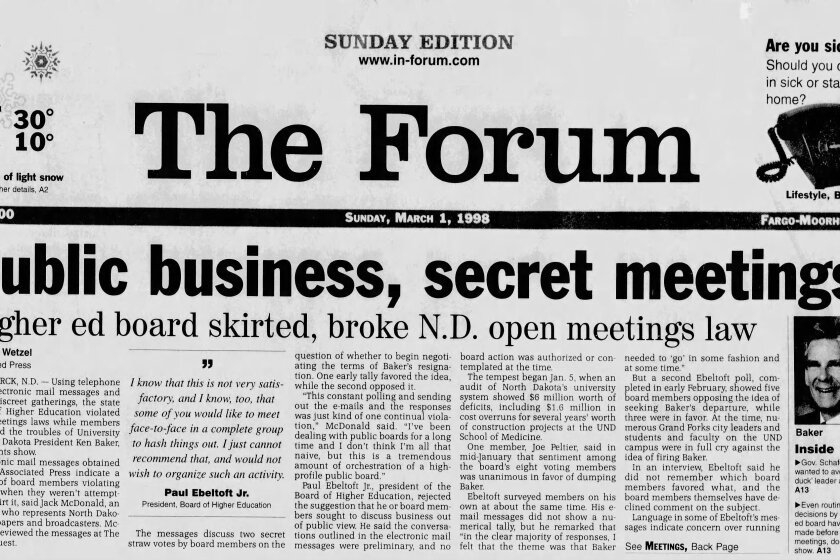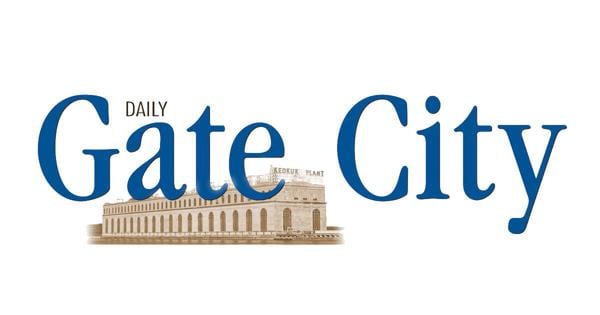The atmosphere of change enveloped the students of Pittston Area School District as they entered their freshman year in September 1963. The school, previously known as Pittston High, had adopted a new identity, reflected in its rebranded football team, the Patriots. The team’s first victory was celebrated not just with cheers, but with an innovative intercom system that amplified a sense of community among students and faculty alike.
On a Monday morning following the Patriots’ triumphant game, Principal Tom Kelly addressed the student body over the new intercom. “Let’s congratulate the Patriots on that big win over Old Forge,” he announced, his enthusiasm infectious. The collective cheer that followed marked a turning point, symbolizing the dawn of the Pittston Area School District.
Yet, the excitement of the new school year was soon overshadowed by an event that would shatter the innocence of the students. On November 22, 1963, a Friday afternoon, a sudden announcement from the intercom disrupted a study hall led by Mrs. Boyle. Confusion spread as the static-filled voice reported that President John F. Kennedy had been shot. The stark reality of that moment left the 14-year-olds in a state of disbelief and fear.
As the gravity of the news sunk in, students grappled with the unsettling thought: if the President could be assassinated, was anyone truly safe? The initial shock was soon accompanied by concern over the upcoming social events, with one student quietly wondering if the planned dance would be canceled. The answer came swiftly: all festivities were put on hold.
In the days that followed, television networks including NBC, ABC, and CBS suspended regular programming to provide continuous coverage of the assassination and its aftermath. For four days, they delivered live updates, a feat that was relatively new to media at the time. The networks scrambled to adapt, demonstrating a commitment to informing the public amid the chaos.
Radio stations also felt the weight of the moment. Harry West, a deejay from WARM Radio, recalled his experience. As he read the news of Kennedy’s death, he feared it might be a hoax that would end his career. Understanding the gravity of the situation, he rushed to a record store to find appropriate music for the somber atmosphere, abandoning the usual upbeat rock ‘n’ roll for more fitting selections.
At home, the mood mirrored the national sentiment. While there were few tears in his household, grief was palpable, especially for Ed Ackerman’s grandmother, a devout Catholic of Irish descent. The funeral procession captured the nation’s attention, and the poignant image of young John F. Kennedy Jr. saluting his father’s casket sparked deep sorrow. For years, she continued to hold the memory of Kennedy close, incorporating him into her daily prayers.
The assassination of President Kennedy marked a significant moment in American history, altering the lives of countless individuals, particularly those young students at Pittston Area. As they attempted to process the shocking news, the innocence of their youth was irrevocably transformed.
Ed Ackerman continues to reflect on these events each week in his column, The Optimist, reminding readers of the profound impact this moment had on a generation.







